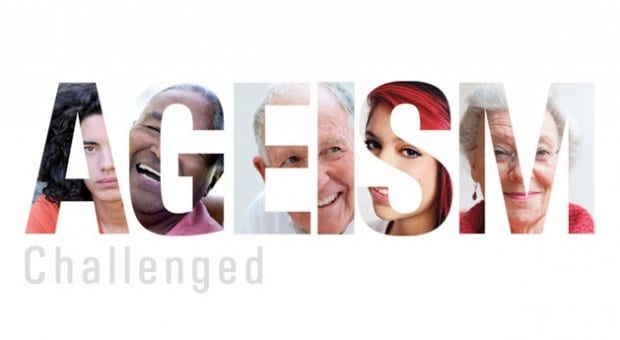Pink Triangle Services (PTS) says it wants to address the growing divide between older and younger generations of Ottawa’s queer community with Ageism Challenged: Building an Intergenerational Community.
Inspired by the conflict that occurred at PTS’s last annual general meeting in November, the one-day seminar will include three sections — learning, listening and acting — with the goal of fostering understanding between generations.
“There has been some conflict between certain people from older generations and PTS, as seen through the annual general meeting last year,” says PTS executive director Claudia Van den Heuvel.
T Eileen Murphy, grand marshal for Capital Pride 2012, and Gary Leger, a former PTS board member, vocally opposed Van den Heuvel’s leadership at the 2012 AGM.
“Many of us at PTS found the interactions of these meetings, and the underlying ageism that became so visible, very upsetting,” Van den Heuvel says.
“So, in addition to addressing specific concerns, we decided to do something about the overarching issues that contribute to them.”
The majority of PTS’s staff, volunteers and service users are younger queer people. This has created a youth-driven culture, which is positive, Van den Heuvel says, especially since people often lament a lack of involvement from youth.
However, the cultural shift that this entails can also alienate older generations and become a barrier to their participation, she says.
Van den Heuvel says she herself has experienced ageism, although she is “neither youth nor senior.”
“I think it’s safe to say we have all witnessed ageism in the queer community. It’s also safe to say we have all helped to perpetuate ageism in some way,” she says. “There is a cultural shift happening in our community around language and ideology, which is causing a lot of the distancing between generations.”
In addition to differences in language used, Van den Heuvel says the sexual privilege of youth and the vilification of age also contribute to this generational divide.
“There are a number of differences in cultural ideology between the older and younger generations, which facilitate conflict in a number of ways,” she says, adding that ageism in the queer community is not unique to Ottawa or PTS.
“So often we see youth lacking the confidence to voice their opinion in a more assertive older audience,” she says. “We’ve seen this at a number of our annual general meetings and want to create an environment where even the shy and soft-spoken can be heard.”
She also acknowledges that the use of the word queer, while embraced by youth, can be a source of pain for older generations as the word was once a derogatory term.
Van den Heuvel says the organization’s mandate is to serve the entire queer community. In the coming months, PTS will work toward introducing new programming to facilitate participation from older generations.
The listening portion of the seminar will include a fishbowl exercise, which is “common in restorative justice communities,” Van den Heuvel explains. “While one group sits on the inside of a circle and speaks, the remainder of participants sit on the outside to observe and listen.”


 Why you can trust Xtra
Why you can trust Xtra


